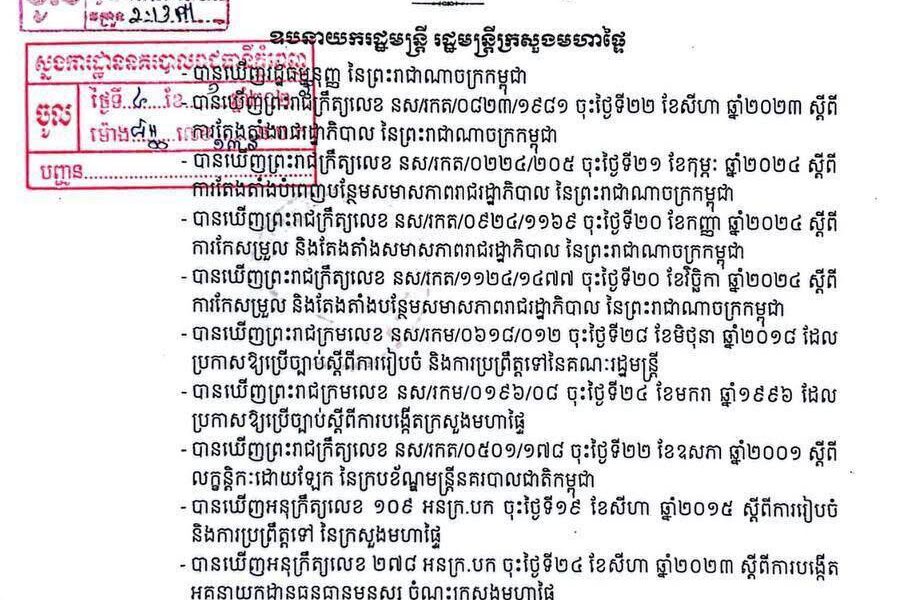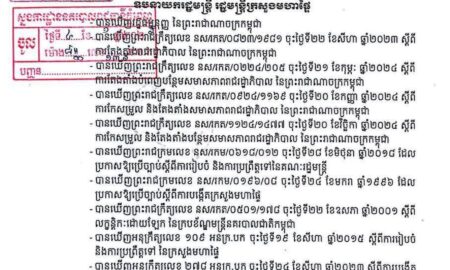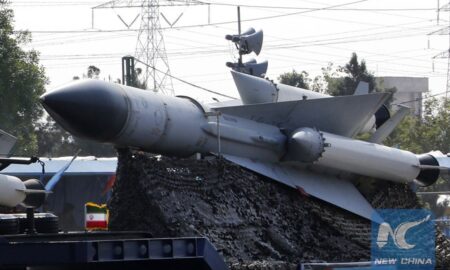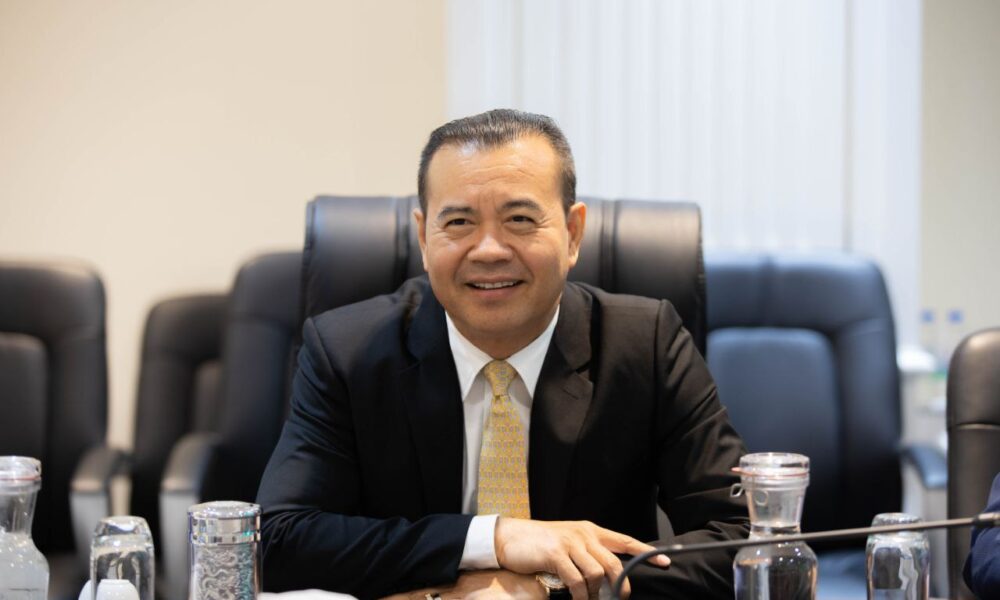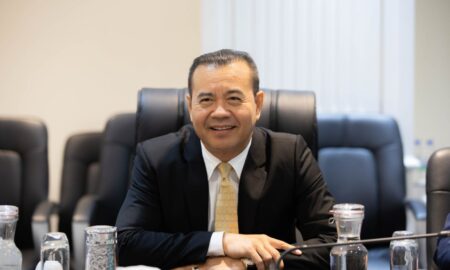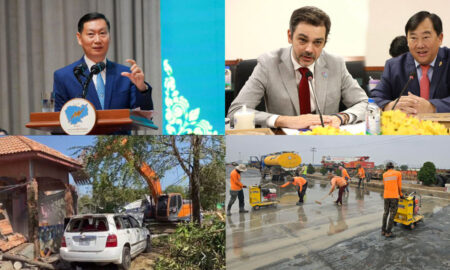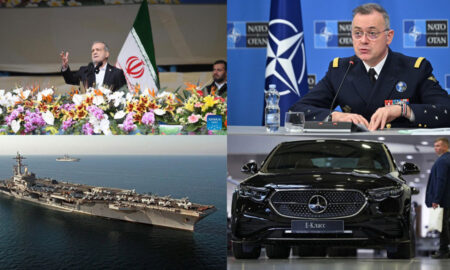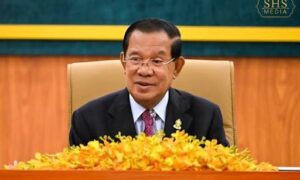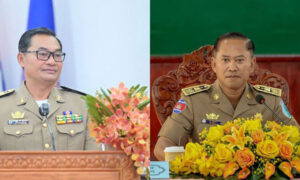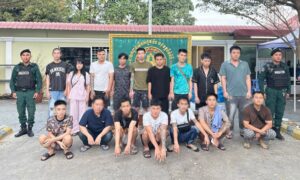Remember History and Work Hand in Hand for a Better Future of Peace
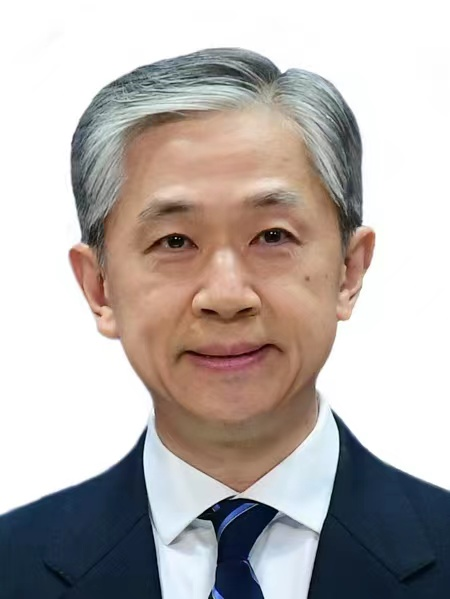
Today, September 3 2025, a grand Commemoration of the 80th Anniversary of the Victory of the Chinese People’s War of Resistance Against Japanese Aggression and the World Anti-Fascist War is held in Beijing. H.E. Xi Jinping, General Secretary of the Central Committee of the Communist Party of China (CPC) , President of the People’s Republic of China, and Chairman of the CPC Central Military Commission, delivers an important speech. King Norodom Sihamoni of Cambodia and over 20 other foreign heads of state and government are present.
As an ancient Chinese saying goes, “The past, if not forgotten, is a guide for the future”. The Chinese people commemorate the great victory 80 years ago so as to remember history, honor the fallen heroes, cherish peace and create a better future together with people around the world.
The World Anti-Fascist War is the largest and most destructive war on a global scale in human history, which was also a ferocious battle between good and evil, light and darkness, progress and reaction. As an important component of the World Anti-Fascist War and the main battlefield in the East, China’s fight against fascism started the earliest, lasted the longest, tied down the most enemy troops, and incurred the greatest sacrifices.
From 1931 to 1945, the Communist Party of China, as the central pillar in the struggle, unitedand led the Chinese people in a protracted 14-year war of resistance, engaging in over 200 major battles to counter and contain the main forces of Japanese militarism. This had secured strategic space crucial for the ultimate victory in Europe and the Pacific, and made a decisive contribution to the victory of the World Anti-Fascist War. In that devastating war, the Chinese nation made immense sacrifices and paid enormous prices. According to statisticsavailable, Chinese military and civilian casualties exceeded 35 million, or about one-third of the total casualties of World War II. China’s direct economic losses were more than$100 billion, along with over $500 billion indirect economic losses.
During the Chinese People’s War of Resistance Against Japanese Aggression, peace and justice-loving countries and peoples, international organizations, and other anti-fascist forces around the world provided invaluable assistance and support to the Chinese people. Anti-fascist fighters from Cambodia and many other countries directly participated in the war, forging a strong friendship with the Chinese people through the trials of blood and fire, and life and death. The Chinese nation, always valuing loyalty and righteousness, will forever remember their fearless spirit, touching deeds, and noble character.
Although the smoke of that war has cleared, history lives on. The great victory of the Chinese People’s War of Resistance Against Japanese Aggression is a great triumph of the Chinese national spirit with patriotism at its core, a great triumph achieved with the Communist Party of China playing the pivotal role, a great triumph forged through the unwavering and valiantstruggle of the entire Chinese people, and a great triumph achieved by the Chinese people fighting shoulder to shoulder with anti-fascist allies and people in other countries. It will go down in the annals of the Chinese nation and of the just cause of humanity.
As President Xi Jinping puts it, “History is the best textbook and the best sobering agent”. Samdech Techo Hun Sen and Prime Minister Hun Manet also emphasize that remembering the history of war is the way to better safeguard peace in the present. Both the Chinese and Khmer peoples have the gene for peace, memories of war and a dream of national rejuvenation. Facing a changing international landscape, China and Cambodia, as ironcladfriends who share a deep mutual understanding and trust, should draw wisdom and strength from history and work together to create lasting peace and a brighter future.
We must hold high the banner of peace and jointly build a peaceful home for all. China has the best track record on peace and security among major countries in the world, being the only major country incorporating peaceful development into its constitution, and the largest contributor of peacekeepers among the five permanent members of the U.N. Security Council. The Global Security Initiative (GSI)that China put forward, which advocates thevision of common, comprehensive, cooperative and sustainable security to provide a practical pathway to tackle the security deficit, hasreceived positive response from Cambodia and many other countries around the world. The Cambodian government, for its part, pursues a foreign policy of peace. To love and uphold peace has become a nationwide consensus and part of the national spirit in this country. Cambodia also actively participates in global peace endeavors, ranking the 27th among the 119 countries that have contributed to U.N. peacekeeping missions, and the 3rd among ASEAN member states in this regard. China isready to continue working with Cambodia to firmly stand as a force for global peace, stability and progress, while making unremitting efforts for lasting world peace. In response to the recentsaddening Cambodia-Thailand border conflict,China will continue to play a constructive role along with Cambodia, Thailand, Malaysia and other ASEAN countries in effectively implementing the ceasefire agreement and restoring tranquility in the Cambodia-Thailand border areas.
We must preserve the memory of history,and defend the post-war order. Eighty years ago, peace-loving people around the world formed a broad international anti-fascist united front to defeat the barbarous aggressors, achieving world peace and laying an important foundation for the post-war international order. The UN-centered international system is the quintessential embodiment of the World War II victory. Eight decades on, we must stand firmly on the side of international justice, resolutely defend the history written by fallen heroes, and reject any attempt or move to deny, distort or tamper with World War II history. We should take the 80th anniversary of the UN as an opportunity to uphold its authority and stature, practice true multilateralism, and encourage all countries to follow the purposes and principles of the UN Charter. Taiwan’s return to China is a victorious outcome of World War II and an integral part of the postwar international order. A series of documents, including the Cairo Declaration and the Potsdam Proclamation, unequivocally state that Taiwan is part of China. History is not to be distorted, and facts not to be denied. We highly appreciate Cambodia’s firm adherence to the one-China principle and strong support for China’s reunification, which is yet another vivid example of the two countries’ firm support for each other.
We must jointly address risks and challenges,and uphold what is right. Eighty years after the end of World War II, wars are still breaking out in many parts of the world. Unilateralism, protectionism, and hegemonism are causing grave damages. The deficits of peace, development, security, and governance continue to grow. Humanity is once again standing at a crossroads: unity or division, dialogue or confrontation, win-win cooperation or zero-sum gaming? For this, President Xi Jinping put forward the vision of building a community with a shared future for humanity, which is China’s proposal to promote peace and development for the world. China stays committed to an equal and orderly multipolar world and universally beneficial and inclusive economic globalization. China has always maintained that world affairs should be handled through consultation, instead of being dictated by those with stronger arms.We stand ready to work with Cambodia and other members of the international community to put into practice the vision of a community with a shared future for humanity, implement the Global Development Initiative, the Global Security Initiative, the Global Civilization Initiative, and the Global Governance Initiative, and continue to inject positive energy into the just cause of world peace, development and progress.
We must set sail with cooperation to achieve common development. As a true friend who shares weal and woe, China sincerely hopes to strengthen friendly cooperation with Cambodia and help it achieve national rejuvenation. In April this year, President Xi Jinping paid a state visit to Cambodia once again after nine years. Leaders of the two countries agreed to upgrade bilateral ties to an all-weather China-Cambodia community with a shared future in the new era, a new level that injects fresh impetus into greaterexchanges and cooperation across the boardincluding economy and trade, science and technology, and people-to-people exchanges.Looking ahead, China is willing to work with Cambodia to carry through the important consensus reached by leaders of the two countries, continue to enrich the “Diamond Hexagon” cooperation framework, andimplement the “Industrial Development Corridor” and “Fish and Rice Corridor”cooperation plans so as to better help Cambodia realize its vision of becoming a middle-income country by 2030 and a high-income country by 2050, and work together to achieve the great rejuvenation of the Chinese and Khmer nations.
Remembering history, one can better shape the future. Standing at a new historical starting point, China is willing to work with Cambodiaand all other countries to firmly promote world peace, preserve the history and memories, uphold international justice, and partner fordevelopment and revitalization in a joint effort to create a better future for humanity.


